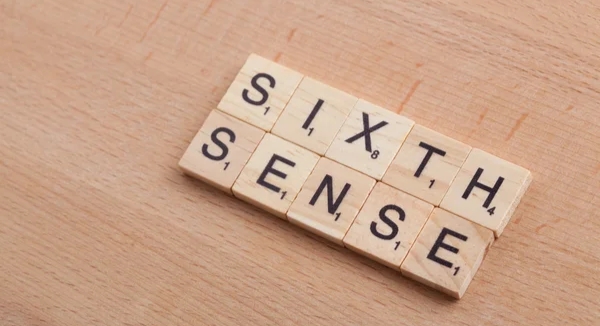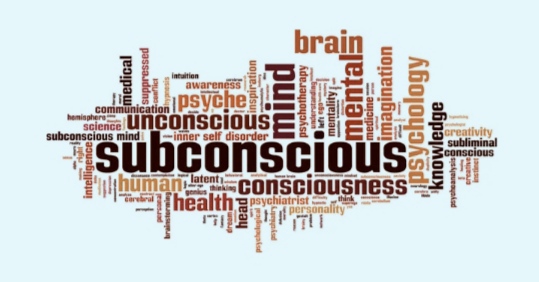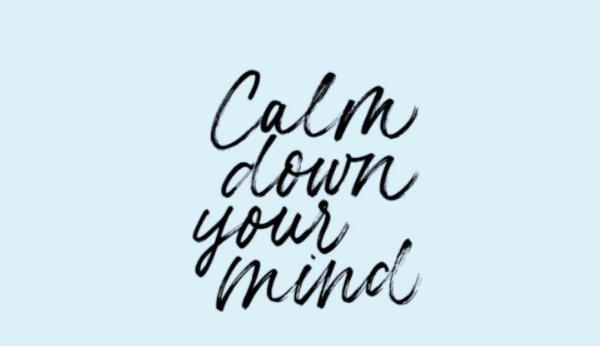
In popular culture and psychology, the concept of the sixth sense is often portrayed as a mysterious and intuitive ability that some people possess. It is described as a form of extra-sensory perception. It allows individuals to perceive information beyond the five physical senses of sight, hearing, taste, touch, and smell.
Many people believe in the existence of a sixth sense. Many people also claim to have experienced moments of intuition or premonition that cannot be explained by logic or reason. For example, some individuals may have a gut feeling that warns them of impending danger or guides them to make a decision that ultimately leads to a positive outcome.
However, the question remains – is the sixth sense always right? Can we truly rely on our intuition and gut instincts to make important decisions in life?
While many people swear by the accuracy of their sixth sense, the reality is that it is not foolproof. Just like our other senses, our intuitive abilities can be influenced by various factors. Factors such as our emotions, beliefs, past experiences, and current state of mind.
On the flip side, our intuition can also be clouded by bias, fear, anxiety, or other psychological factors that can lead us astray. In some cases, our sixth sense may misinterpret signals or information. It can lead us to make decisions that are not in our best interest.
It is important to approach the concept of the sixth sense with a healthy dose of skepticism and critical thinking. While intuition can be a valuable tool in certain situations, it should not be used as a sole determinant of truth or wisdom.
Instead, it is essential to balance our intuitive insights with rational analysis, research, and consultation with trusted advisors or experts. By combining our intuition with logical reasoning, we can make more informed and balanced decisions. The decisions that are less likely to be influenced by biases or preconceived notions.
Therefore, the sixth sense is not always right. While it can provide valuable insights and guidance, it is important to approach it with caution. We should not rely solely on intuition when making important decisions. By blending intuition with critical thinking, we can harness the full potential of our intuitive abilities while minimizing the risks of error or misjudgment.




